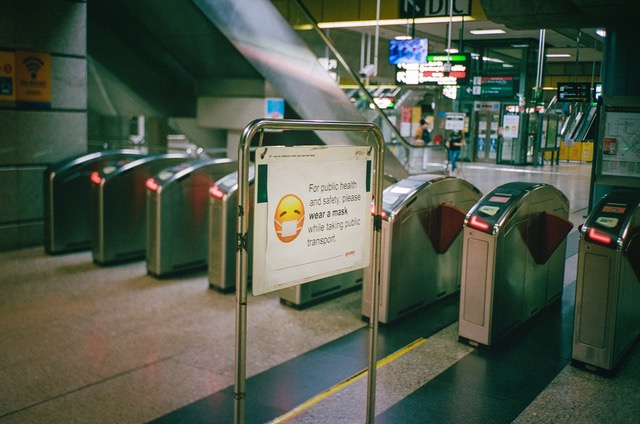Travels and Tribulations
March 5, 2021
International travel has significantly changed due to the pandemic, as more restrictions and safety guidelines have been introduced to limit the spread of COVID-19.
Traveling often brings about a sense of culture, adventure, and exploration. Whether for work or pleasure, one would never think twice about standing too close to someone in fear of contracting a virus in the past. However, there are new concerns and fears for people leaving the country amidst a pandemic.
On March 12, 2020 former President Trump’s travel ban from European countries entering the U.S. went into effect, this was in an effort to reduce the number of coronavirus cases spread to the U.S. As the pandemic prolonged, certain bans were lifted and people could travel once more, mostly domestically, with enforced quarantine before and after returning.
The Department of State implemented a leveling system from 1-4 for different regions based on how cautious one should be while traveling to a country, with 1 meaning the country is safe to travel to and 4 meaning the country is extremely risky to travel to. On August 6, The Department of State lifted the Global Level 4 travel advisory, which had been in place in the U.S. since March 31 due to COVID-19.
A 72 year old grandmother, Effie Kouklakis, provided some first hand insight on the travel restrictions in the airports in the U.S. and European countries. Effie traveled to Greece, which currently has a level 3 travel advisory.
“I traveled to Greece on October 23rd for a family emergency and returned on November 7th. The only way you could travel to Greece was if you had citizenship- based on their restrictions. I am a citizen therefore I was required to take a Covid test and could fly immediately. My daughter, however, who was accompanying me, had to be individually approved by the Greek Embassy, she had to do a tremendous amount of paperwork to get approval,” said Kouklakis.
New safety practices in airports and on airplanes differed by the region.
“I had taken a connecting flight and flew with Delta from JFK airport to France and then to Greece. Here in the U.S., proper protocol was followed at all times including social distancing in the airport and on the plane as well. In France there was little social distancing enforced in the airport and none on the plane. Every seat on the plane was full. And then for our return, no COVID test was required, however I went [to get tested] with my daughter immediately after landing back in the U.S. to keep my family and friends safe,” said Kouklakis.
As of January 26, the Centers of Disease Control and Prevention (CDC) has updated their requirements for U.S. citizens to leave the country. Requiring all air passengers entering the United States (including U.S. citizens and Legal Permanent Residents) to present a negative COVID-19 test. Airlines must confirm the negative test result prior to boarding. Airlines also must deny boarding of passengers who do not provide documentation of a negative test or recovery.
Some believe that many of these changes may become long-standing or permanent to prioritize the safety of passengers.
“I believe anyone choosing to travel internationally will reconsider their plans many times over due to having to wear a mask the whole flight. I also think people will become more cautious about germs when traveling, and I also don’t think the travel restrictions will change for a while even with the help of the vaccine. It’s too scary right now with the risk of spreading it,” said Kouklakis.🔳




